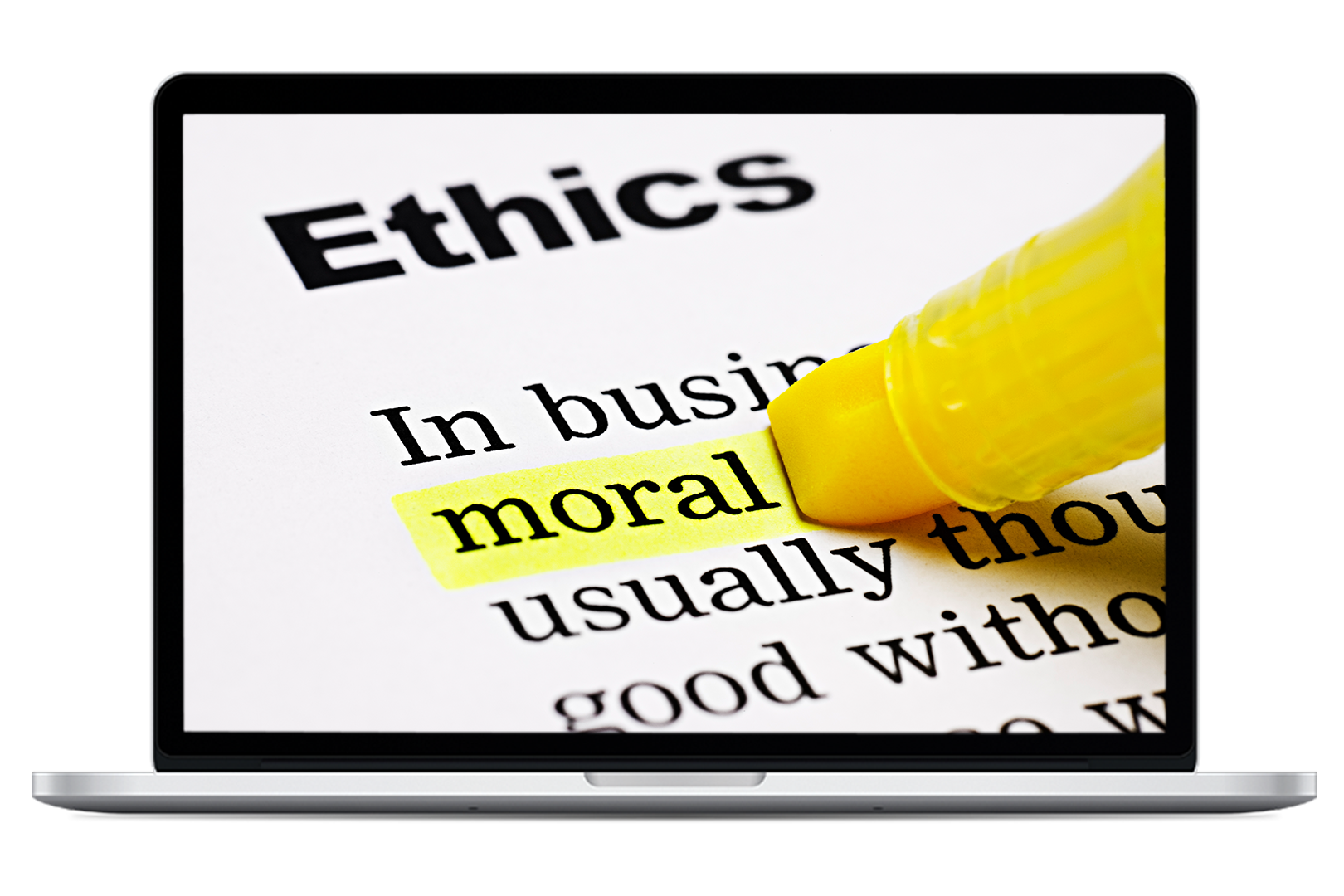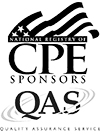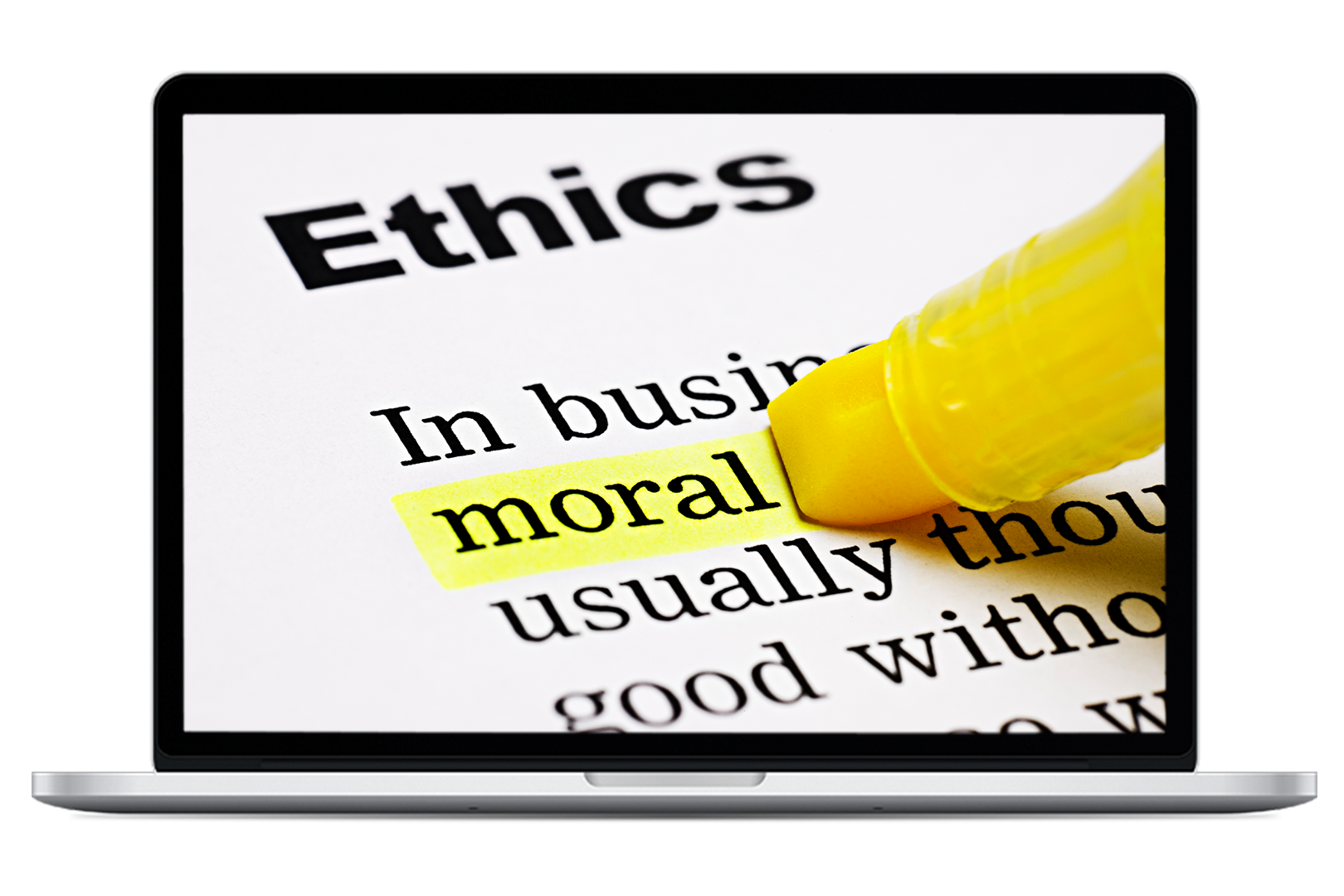Practical Ethics for Fraud Examiners

Basic
Online
Description
Fraud examiners face many situations that require ethical reflection, and, often, there is no obvious line between right and wrong. Consequently, Certified Fraud Examiners (CFEs) might find themselves on a slippery slope when it comes to determining the best course of action.
This course will discuss how codes of ethics, conduct and practice in general — and the CFE Code of Professional Ethics and CFE Code of Professional Standards, in specific — provide guidance for fraud examiners when they are confronted with ethical uncertainty in professional situations.
Key Takeaways:
- How the ACFE Code of Professional Ethics and CFE Code of Professional Standards apply to CFEs
- Why professionalism, diligence, ethical conduct, integrity and competence are important to anti-fraud professionals
- How having a code of ethics can be beneficial in affecting the actions of professionals
Prerequisites
None
You Will Learn How To:
Discern the benefits of having codes of ethics, conduct and practice that govern the actions of professionals
Identify the Association of Certified Fraud Examiners Codes of Professional Ethics and Certified Fraud Examiners Code of Professional Standards to understand how they apply to Certified Fraud Examiners
Recognize why professionalism, diligence, ethical conduct, integrity and competence are important to anti-fraud professionals
Table of Contents
| Lesson 1 | Introduction |
|---|---|
| Lesson 2 | Professional Codes of Conduct, Practice and Ethics |
| Lesson 3 | The Certified Fraud Examiner Code of Professional Ethics |
| Lesson 4 | Commitment to Professionalism and Diligence |
| Lesson 5 | Legal and Ethical Conduct and Conflict of Interest |
| Lesson 6 | Integrity and Competence |
| Lesson 7 | Court Orders and Testimony |
| Lesson 8 | Reasonable Evidential Basis for Opinions |
| Lesson 9 | Confidential Information |
| Lesson 10 | Complete Reporting of Material Matters |
| Lesson 11 | Professional Improvement |
| Lesson 12 | CFE Code of Professional Standards |
| Lesson 13 | Discussion of the Standards of Professional Conduct |
| Lesson 14 | Standards of Examination |
| Lesson 15 | Standards of Reporting |
| Lesson 16 | Conclusion |
CPE Information
| CPE Credit: | 2 |
|---|---|
| NASBA Information: | Regulatory Ethics |
| Advance Preparation: | None |
| Last Updated: | February 2024 |
| Delivery Method: | QAS Self-Study |
Policies
CPE Credit
Please note: To be eligible for CPE credit, you must complete the final exam within one year of purchase date. You may only claim CPE credit for a course once.
ACFE Online Self-Study Courses
Features:
- 24/7 access to courses through your Internet browser
- Save time and quickly earn CPE credits with instant access, grading and printable certificate
- The flexibility to start or stop a course and pick-up right where you left off
- No additional shipping fees
Learn More about accessing your online self-study course
Learn More about online self-study courses and their features
System Requirements:
- Internet access: High-speed connection recommended
- Speakers required for video sound
 The Association of Certified Fraud Examiners, Inc. is registered with the National Association of State Boards of Accountancy (NASBA) as a sponsor of continuing professional education on the National Registry of CPE Sponsors. State boards of accountancy have final authority on the acceptance of individual courses for CPE credit. Complaints regarding registered sponsors may be submitted to the National Registry of CPE Sponsors through its website: www.nasbaregistry.org/.
The Association of Certified Fraud Examiners, Inc. is registered with the National Association of State Boards of Accountancy (NASBA) as a sponsor of continuing professional education on the National Registry of CPE Sponsors. State boards of accountancy have final authority on the acceptance of individual courses for CPE credit. Complaints regarding registered sponsors may be submitted to the National Registry of CPE Sponsors through its website: www.nasbaregistry.org/.
Ordering and Returns
Satisfaction Guarantee
If you are not 100% satisfied with any ACFE product, you may return it to us, provided it is in excellent condition, for a full refund of the item minus the cost of shipping. Toolkits and bundles may only be returned as a complete set.
Ordering & Returns Policy

